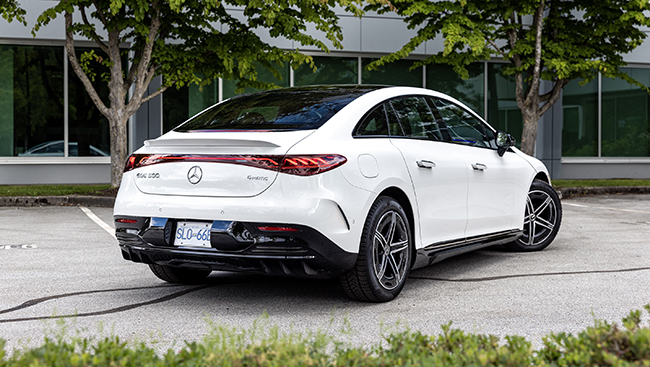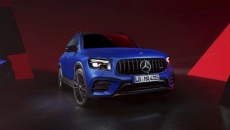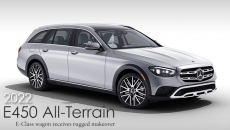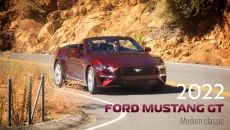With the federal government mandating at least 20 percent of manufacturer sales to be zero emissions vehicles by 2026, it's no surprise how quick companies have been to put out a plethora of EVs seemingly overnight. As Canadians begin transitioning from internal combustion power, there will be questions.
Enter the annual Automobile Journalists Association of Canada (AJAC) EcoRun, where members are put behind the wheel of the newest battery electric, hybrid, plug-in hybrid (PHEV) and hydrogen fuel cell vehicles to test them over hundreds of kilometres in different parts of the country. The latest iteration in June took place in BC, and participants relied solely on the same charging infrastructure regular drivers utilize on the route starting in Richmond, snaking through the Okanagan Valley and ending in Kelowna.
"So why does EcoRun matter? "We've talked about this over the last few days, and now we've seen it. It's the real-world experience, the stuff we can go home and write about and share with consumers to help them make better informed [shopping] decisions. It was also critical that we use nothing but public chargers," says organizer Kyle Patrick at the program wrap-up in mid-June, adding the event shows EV ownership might be a realistic option for many people, whether they live in urban centres or rural areas.
Out of the 19 models from the 11 brands taking part, here are five favourite (in no particular order) electrified examples currently on the market.
Mercedes-Benz EQE
Following the release of the larger EQS sedan and SUV, the luxury German automaker recently introduced a mid-size alternative in the EQE. Close dimension-wise to the CLS, it is sold in 350 and 500 4MATIC variants, which I evaluated. Featuring the signature repeating-star solid black front grille found across the EV lineup, the sleek car has minimal body seams for increased aerodynamics, a big flush-mounted 19-inch AMG Five Twin-Spoke Aero wheels, and a nifty little lip spoiler on the back atop 3-D helix-patterned LED taillights.
Inside, the 12.8-inch portrait-oriented infotainment display may be upgraded to a 56-inch fully-glass Mercedes-Benz User Experience (MBUX) Hyperscreen spanning door-to-door, replacing the traditional instrument cluster and entertainment/vehicle controls. The second-generation voice concierge is smart and can understand conversational speech like, "Is the destination possible," in case drivers get range anxiety.
The navigation system is equally intelligent, and route planning accounts for current energy reserves, traffic, topography, temperature and even how busy a station is in real time to calculate whether a proposed destination is realistic.
Leather upholstery is standard, and there's a decent amount of storage space — sometimes a rarity in the segment. The powered five-litre glovebox is deep enough to stow a tablet, amongst other items, and the centre console includes a sliding lid to keep small valuables out of sight.
Dual electric motors and a high-capacity 90.6-kilowatt-hour battery yield 402 horsepower, 633 lb-ft of torque and an advertised driving range of approximately 418 kilometres.
The real-world number is often less, especially when all the gadgets are on, and a heavy foot is favoured. Plugged into a 170-kilowatt-capable DC fast charger, going from 10 to 80 percent takes 32 minutes or 9.5 hours via a Level 2 source.

Built on the EVA2 platform, as is the EQS, handling is sharp despite weighing 2,475 kilograms. Bundling rear-axle steering (+ $1,300) permits the rear wheels to move up to 4.5 degrees opposite the front, so the turning circle is tight, meaning parking and maneuvering in the city is no problem.
Highlights:
MSRP: $95,000 (base)
Motor: twin electric motors (260-kilowatt combined output)
Horsepower: 402 (net)
Torque (lb-ft): 633 (net)
Gearbox: single-speed automatic
Layout: All-wheel drive
Fuel economy (highway): 1.8 Le/100 km (observed)







